CommCare
The Commcare modules allow you to watch the forms, and cases in your Commcare account.
Getting Started with Commcare
Prerequisites
A Commcare account
In order to use Commcare with Make, it is necessary to have a CommCare account. If you do not have one, you can create a Commcare account at dimagi.com/commcare.
Notice
The module dialog fields that are displayed in bold (in the Make scenario, not in this documentation article) are mandatory!
Connecting Commcare to Make
To connect your Commcare account to Make you need to obtain the API Key from your CommCare account and insert it in the Create a connection dialog in the Make module.
Log in to your CommCare account.
Click Settings (the cog-wheel) > My Account Settings > API Keys.
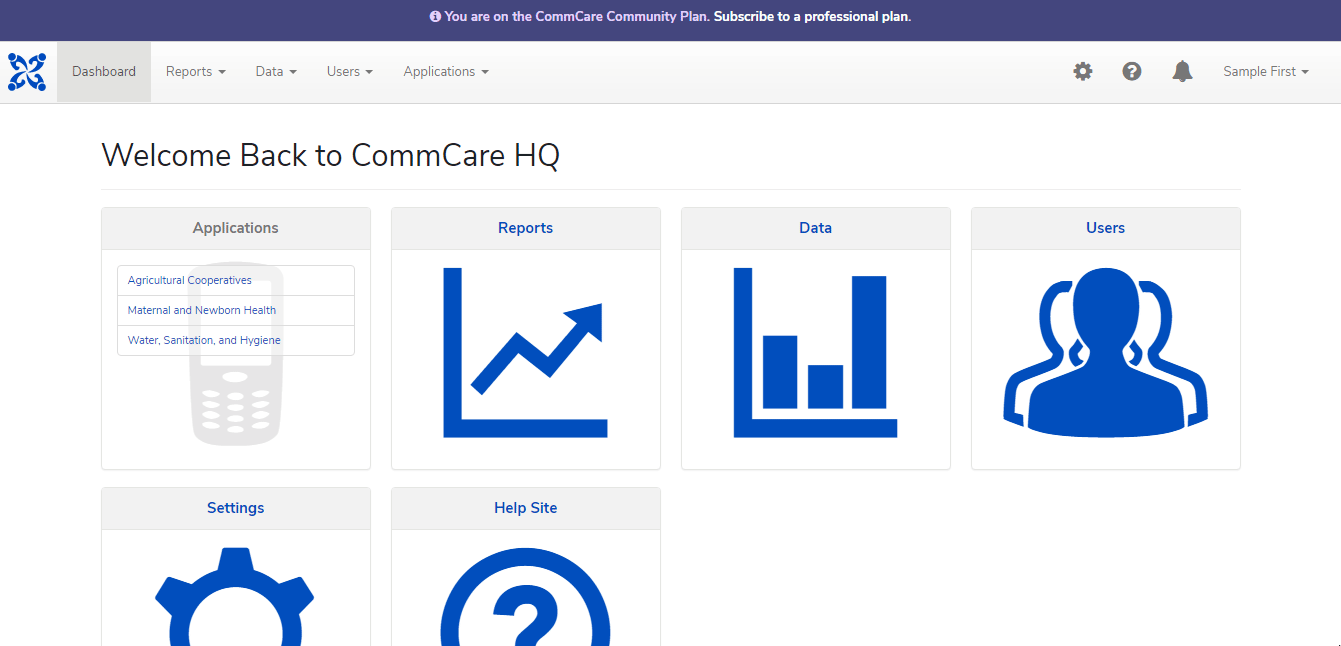
Enter a name for the API Key, select the permissions, and click Generate API Key.
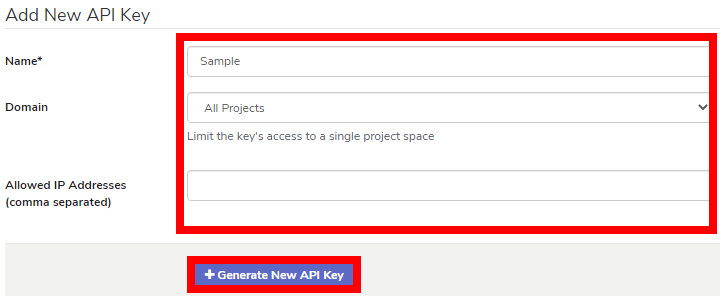
Copy the API key to your clipboard.

Go to Make and open the CommCare module's Create a connection dialog.
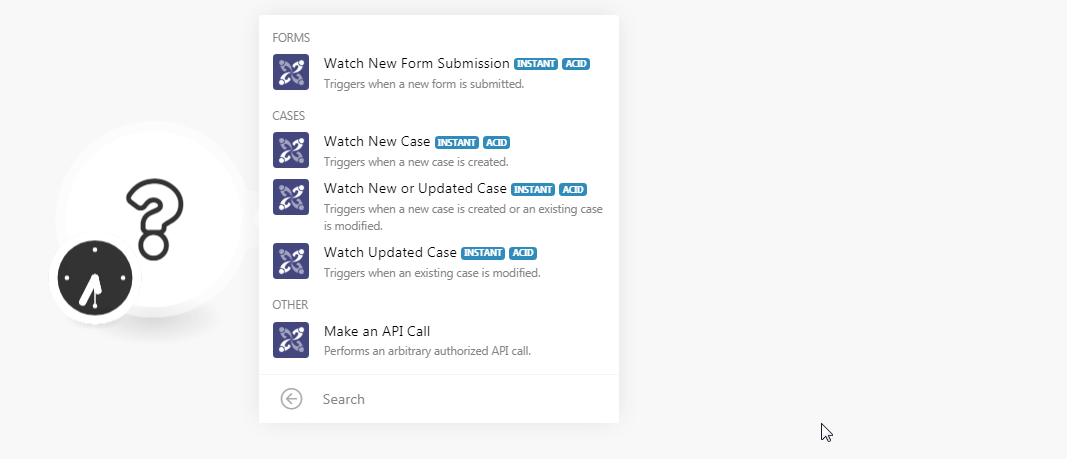
In the Connection name field, enter a name for the connection.
In the Username field, enter your account's username.
In the API Key field, enter the API details copied in step 4 and Continue.
The connection has been established.
Forms
To trigger the watch modules, see Setting Up the CommCare Webhooks.
Triggers when a new form is submitted.
Webhook Name | Enter a name for the webhook. |
Connection |
Cases
To trigger the watch modules, see Setting Up the CommCare Webhooks.
Triggers when a new case is created.
Webhook Name | Enter a name for the webhook. |
Connection |
Triggers when a new case is created or an existing case is modified.
Webhook Name | Enter a name for the webhook. |
Connection |
Triggers when an existing case is modified.
Webhook Name | Enter a name for the webhook. |
Connection |
Other
Performs an arbitrary authorized API call.
Connection | |
URL | Enter a path relative to For the list of available endpoints, refer to the CommCare API Documentation. |
Method | Select the HTTP method you want to use:
|
Headers | Enter the desired request headers. You don't have to add authorization headers; we already did that for you. |
Query String | Enter the request query string. |
Body | Enter the body content for your API call. |
The following API call returns users of the specified project from your CommCare account:
URL: /a/telecommute/api/v0.5/web-user/
Method: GET
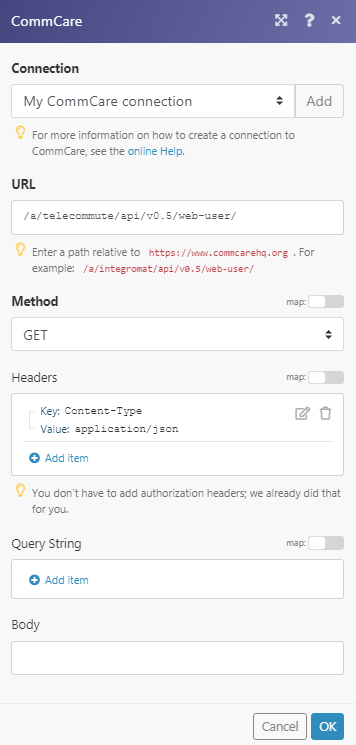
Matches of the search can be found in the module's Output under Bundle > Body > objects. In our example, 1 user details were returned:
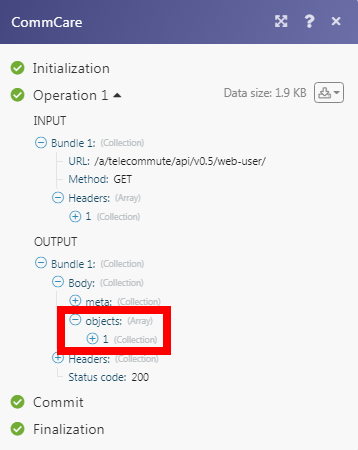
Setting up the CommCare Webhooks
Open any Watch module, establish a connection, click Save, and copy the URL address to your clipboard. Click OK and save the trigger.
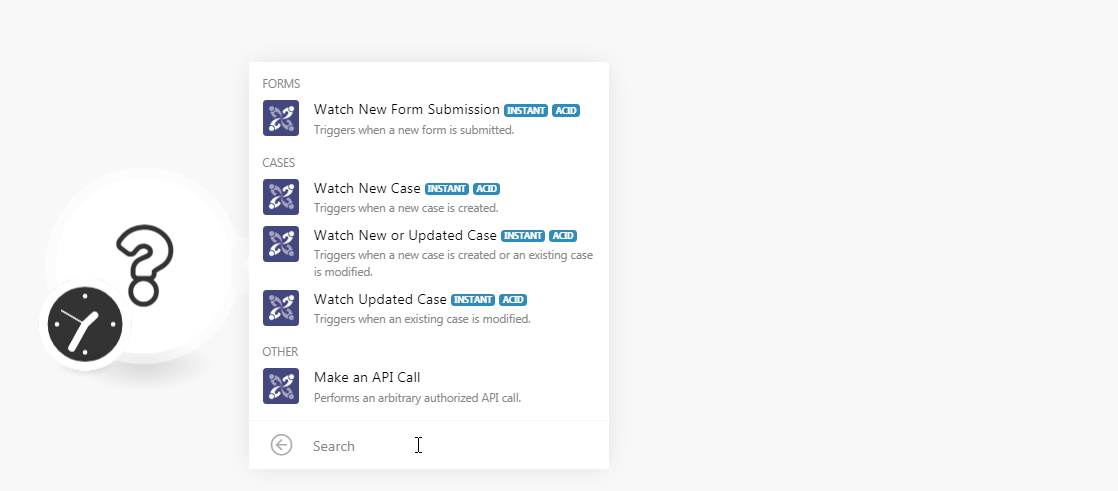
Log in to your CommCare account. From the Dashboard, click Settings > Connection Settings > Add Connection Settings.
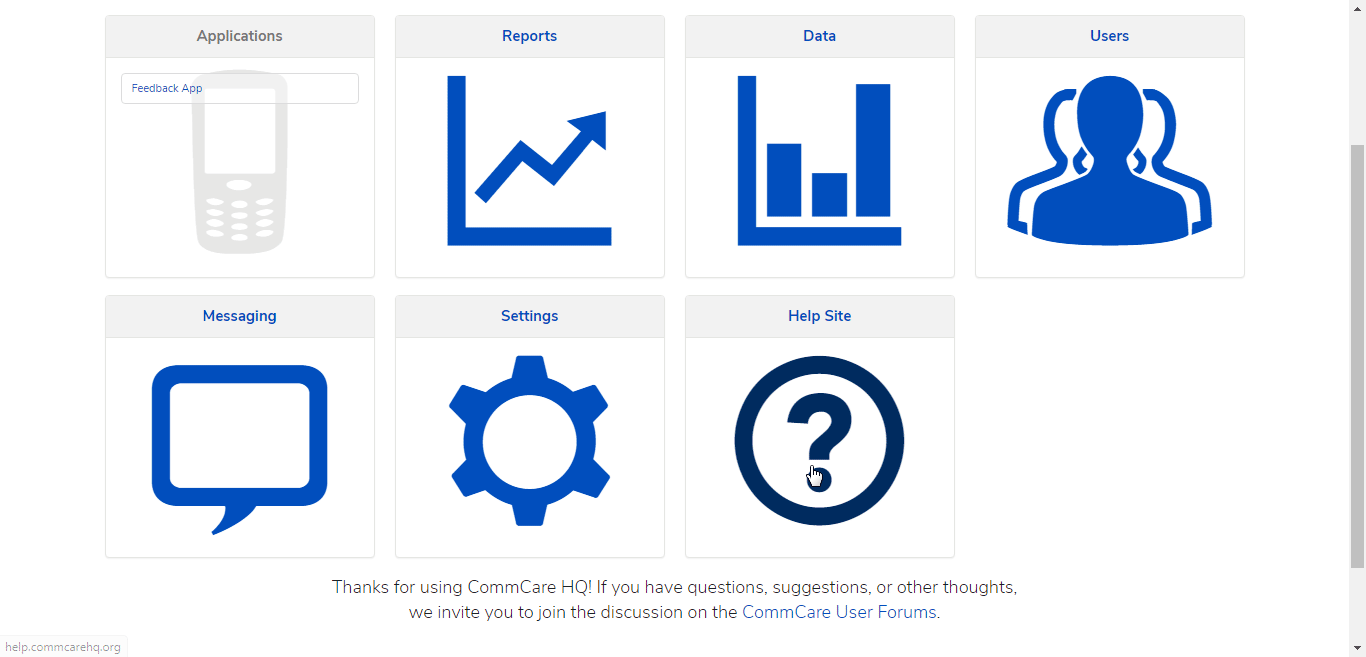
Enter the details for the connection and click Save.
Name
Enter a name for the webhook.
Address to send notifications
Enter the email address to which you want to send the trigger notifications.
URL
Enter the URL address copied in step 1.
Auth Type
Select the authentication type and enter the details:
None
HTTP Basic
HTTP Digest
Bearer Token
OAuth1
OAuth 2.0 Password Grant
Skip Certificate Verification
Select the checkbox to skip the certificate verification.
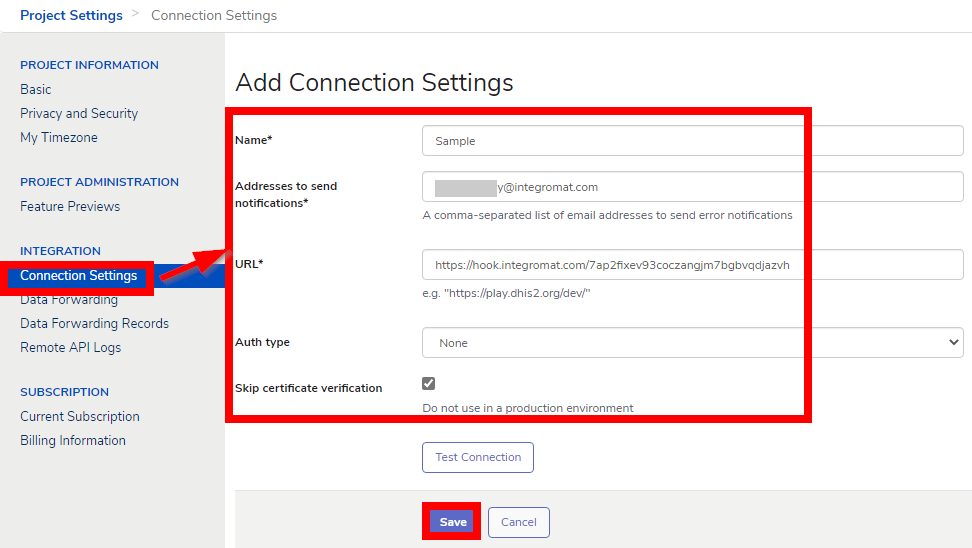
You have created the connection successfully.

Once you have created the webhook connection, setup the required data forwarding as mentioned here.